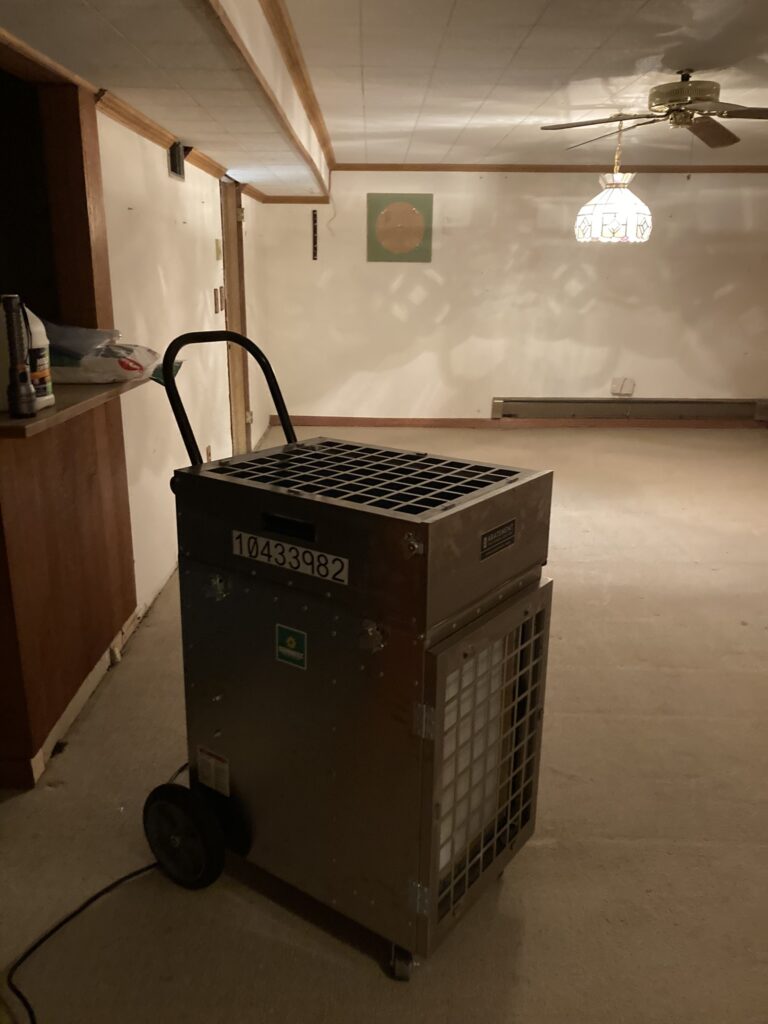
You own a rental house where one of your tenants complains about mold, but it’s not visible. Your tenant tells you that he can see the water coming through the basement walls, and there’s a giant slope at the back of the house that sends water up against the house, which was built at a time when building science was not well experienced with weatherizing buildings and preventing water intrusion, a significant cause of mold. Mold only needs two things to grow: water and food. The mold settles on settled dust, which has some organic material, and the mold secretes an enzyme, allowing it to eat the substrate, which, for example, can eat at foundation walls. Then there is the issue of esthetics—odors, discoloration, and health implications.
As a landlord, you may or may not care about your tenants’ health, but you should at least care about the health of your investment. You’ve worked hard to own it, and it should be taken care of so it can take care of you in the form of passive income. Having happy and healthy tenants who want to stay is a good business. Making sure your home is not being destroyed by mold is worth it, whether it’s a rental property or the home you live in with your family. There are lots of infections caused by mold exposure that can lead to cancer and death.
Mold remediation process
Before considering mold remediation, inspect your home with a certified mold inspector to ascertain the issue. The inspector will conduct a visual inspection, document any issues, and collect air and surface samples to confirm if the air quality has a healthy amount of mold spores, and the surface samples will confirm if what appears to be mold is, in fact, mold. The consultant will check moisture levels using a moisture meter and may also use an infrared camera. The inspection may take an hour to two hours, depending on the size of the area and how thorough the inspection is. A report will be provided with all the findings, including spore levels, type, description of each spore, and recommendations. The inspector may also write a mold remediation protocol.
Mold remediation cost
Mold remediation ranges in size from small, up to ten square feet; medium, ten to one hundred square feet; and large, over one hundred square feet. Each varies in price and required protocol. You can expect to pay anywhere from $4,000-$10,000, with an average of $5,000 for a small to medium size project. Also, check with your insurance company if they cover water damage repairs.
Mold remediation near me
Ask for good mold remediation in your area by searching for a company online, checking reviews, and asking neighbors and contractors. Look up BNI.com for companies in your area. You can also contact the experts at 5 Microns Inc., and one of their certified consultants will assist you with your mold remediation project. We provide free, no-obligation mold remediation estimates. Contact us now: www.5microns.tech/online-appointments Call 425-440-8787 Now!
